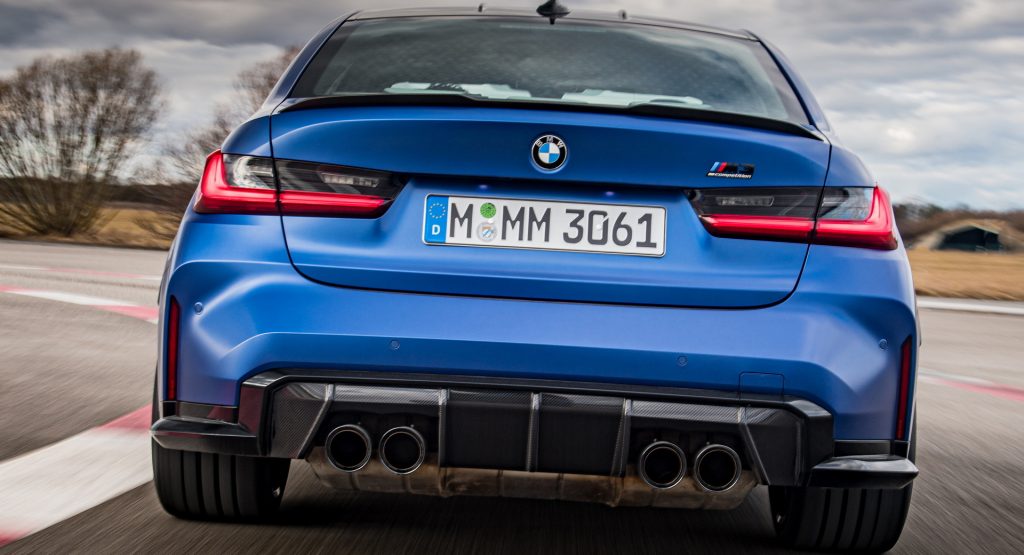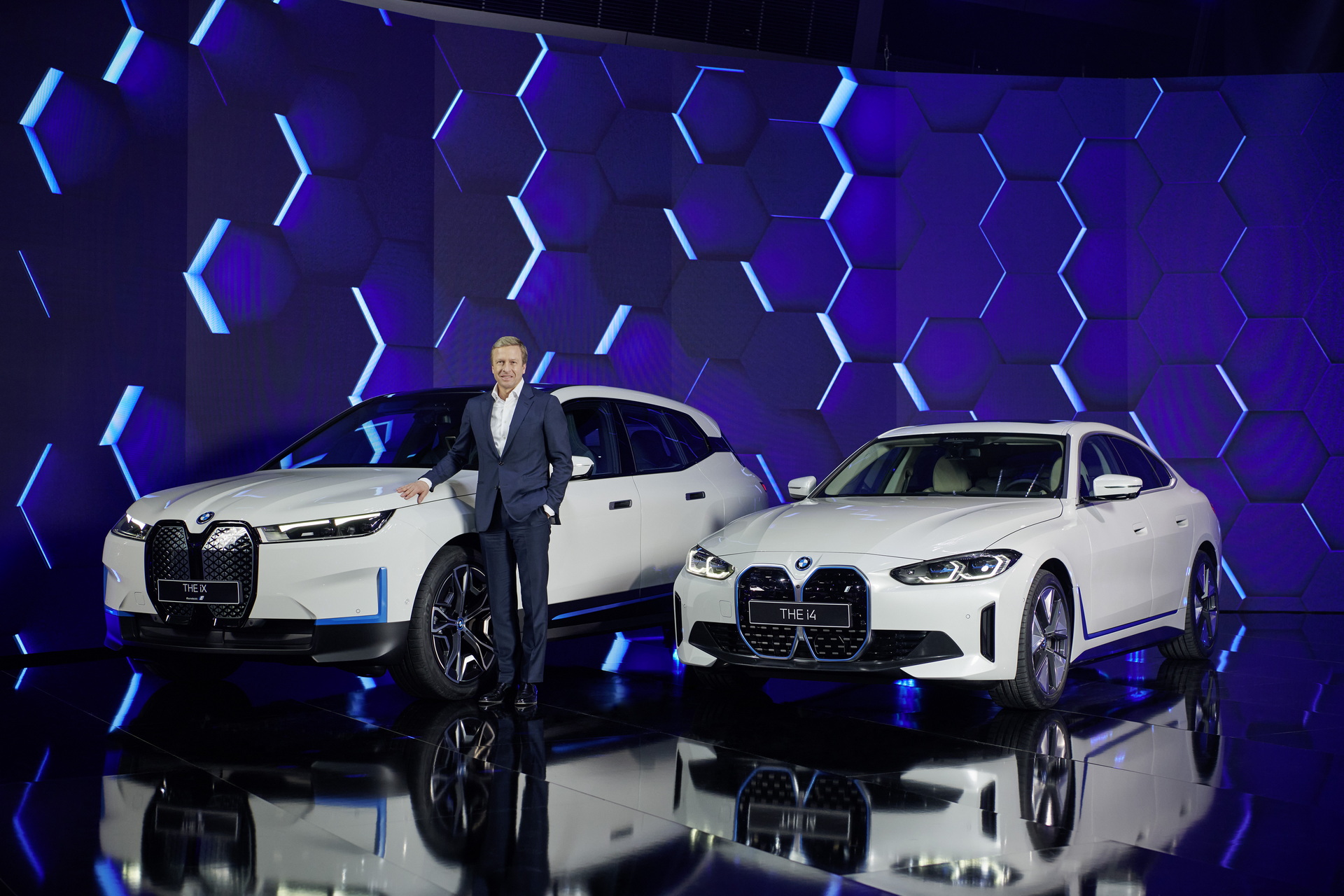Unlike Audi and Mercedes, BMW says it hasn’t quite given up on the development of new internal combustion engines just yet.
As noticed by The Drive, the revelation comes from a tweet shared by CNBC’s Phil LeBeau, who wrote about comments made by BMW CEO Oliver Zipse. “Demand for ICE vehicles will remain robust for many years to come,” LeBeau wrote, attributing the words to Zipse.
The comments come just days after Audi’s CEO was quoted saying that emissions regulations in Europe are making the development of new generations of internal combustion engines too expensive to be worthwhile.
Read More: Audi To Stop Development Of New Combustion Engines
BMW CEO Oliver Zipse says #BMW has no plans to stop developing internal combustion engines because demand for ICE vehicles will remain robust for many years to come.
— Phil LeBeau (@Lebeaucarnews) March 17, 2021
Audi CEO Markus Duesmann said, therefore, that it would no longer develop new internal combustion. He did note, though, that the automaker would continue to sell internal combustion engine cars and work on its current engines to keep them salable for as long as is reasonable.
Mercedes’ CEO, too, was quote making similar statements. Markus Schafer told Germany’s Handelsblatt that “the bulk of the investments can now really go into electromobility.” Even MINI, which is owned by BMW, has announced that it is going all-electric in Europe.
Naturally, Zipse’s comments don’t mean that BMW isn’t working on electric vehicles. The company just shared details on the iX, its first electric SUV that will go on sale in the US early next year while also introducing the i4 sports sedan.
Read: New BMW i4 Electric Sedan With Up To 523HP And 300 Miles Range
Internal combustion engines may continue to be useful for plug-in hybrid models in Europe. As Audi’s CEO pointed out earlier this week, not all markets are as bullish about EVs nor as capable of supporting them as the European market. That means that outside of Europe, combustion engines will continue to be important.
With both China and Europe favoring EVs, though, the reasons for BMW’s rivals’ decision may only make more and more sense as time goes on.









